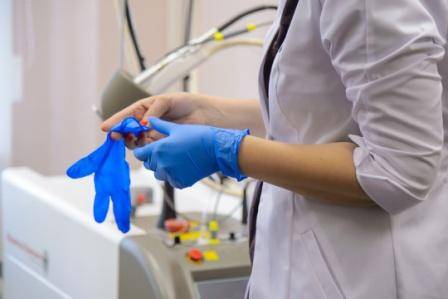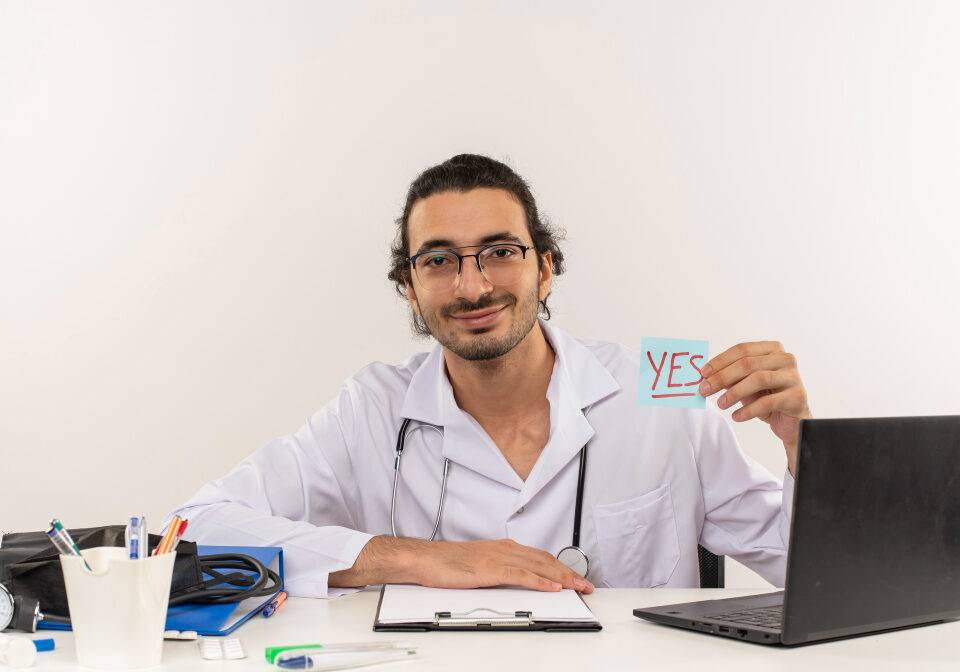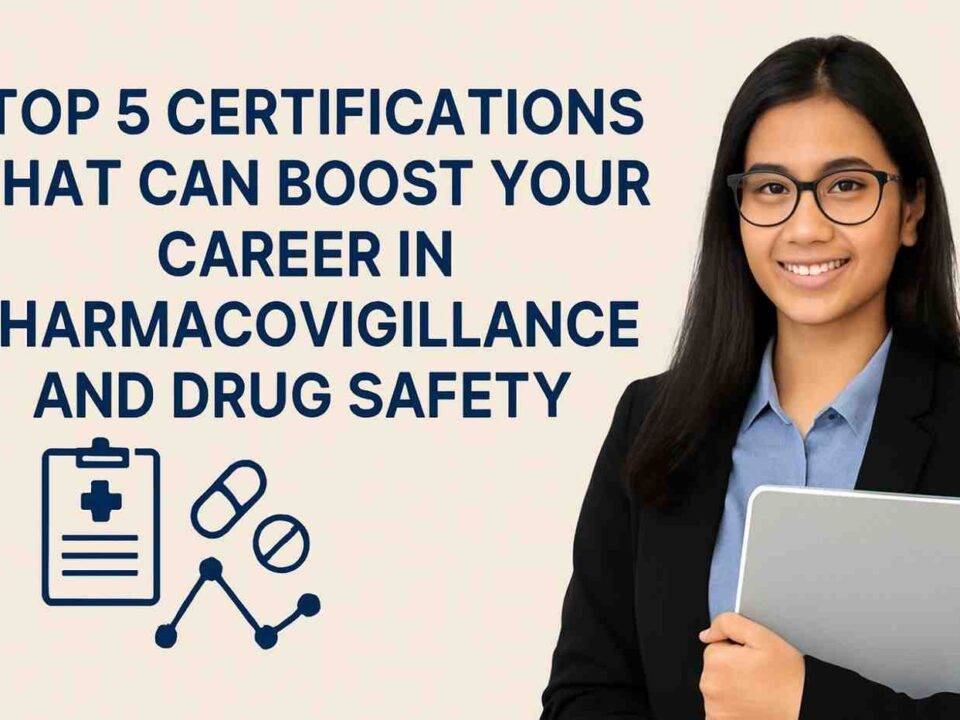The scope for drug safety specialists is manifold. Given the space for new candidates who take-up drug safety specialist as their career the opportunities have been widely sought-out in the industry. There are plenty of drug safety jobs such that over 2,000 professionals every year are recruited for leading pharmacovigilance positions throughout the medical industry, in settings including clinical research organizations, the NHS, biotechnology firms and pharmaceuticals companies. The people working in the drug safety industry are extremely responsible for monitoring the safety of the products, interwoven with duties including detecting, assessing and preventing adverse events considering that pharmacovigilance is an extremely important element of the development, trials, marketing and continued use of any medication.
Many specialists in pharmacovigilance industry affirm that expert experience and knowledge are the key factors in filling vacancies in drug safety and pharmacovigilance industry. The industries could also employ people who work as full project teams for roles in pharmacovigilance and drug safety in addition to those who have the potential to help businesses find temporary or permanent staff in mid to upper-level positions. The recruitment is solely based on an individual’s knowledge and expertise with respect to position.
 A life sciences degree or a nursing, pharmacy or medical degree is required for those seeking a role in drug safety or pharmacovigilance. Postgraduate courses such as a Master in Pharmacovigilance could also be a benefit to a candidate seeking a role in this sector. Such courses provide a thorough understanding of the regulatory bodies around the world including the knowledge on a variety of important aspects of the career, including reporting, report writing, signal detection and risk management. Therefore, a comprehensive analysis and study shall be infused to the candidates who take invest their time and effort learning about drug safety.
A life sciences degree or a nursing, pharmacy or medical degree is required for those seeking a role in drug safety or pharmacovigilance. Postgraduate courses such as a Master in Pharmacovigilance could also be a benefit to a candidate seeking a role in this sector. Such courses provide a thorough understanding of the regulatory bodies around the world including the knowledge on a variety of important aspects of the career, including reporting, report writing, signal detection and risk management. Therefore, a comprehensive analysis and study shall be infused to the candidates who take invest their time and effort learning about drug safety.
Previous experience in the industry is considered to be of a great value for anyone looking to find a job in pharmacovigilance or drug safety. There are even scenarios where nurses and pharmacists can also be attractive candidates provided if they have a clinical background and first-hand experience with adverse reactions. It could prove them to be an alternative advantage in any case. In general, careers in drug safety could be started with designations such as a drug safety associate, officer, scientist or coordinator. As the progress is made by a particular candidate, the responsibilities will be increased to a senior specialist or management roles, often with an in-depth knowledge of a specialty area, such as medical writing, auditing, medical affairs or quality assurance.
The drug safety sector provides a great career and the opportunities are prevalent generally in larger organizations. Hence, finding a job in the drug safety area becomes handy for aspiring candidates. The existence of jobs is vast in both drug safety and pharmacovigilance sectors with permanent as well as contract arrangements. With many of these positions being for drug safety medical writers or interim pharmacovigilance physicians, the Temporary agreements can last from three to 12 months.
One of the primary responsibilities of a drug safety associate is to monitor and track adverse events and reactions, as well as other medically related product information. In regards to monitoring the drug safety profile of specific products, the Drug safety managers and directors organize the processing and reporting on drug safety reports and review trial-related documents.
Depending upon the factors such as the company, the location, the candidate’s experience and the requirements of the role, salary for a position in drug safety and pharmacovigilance can vary greatly. An average of $25,000 and $60,000 per year could be earned by a start-up drug safety employee.



